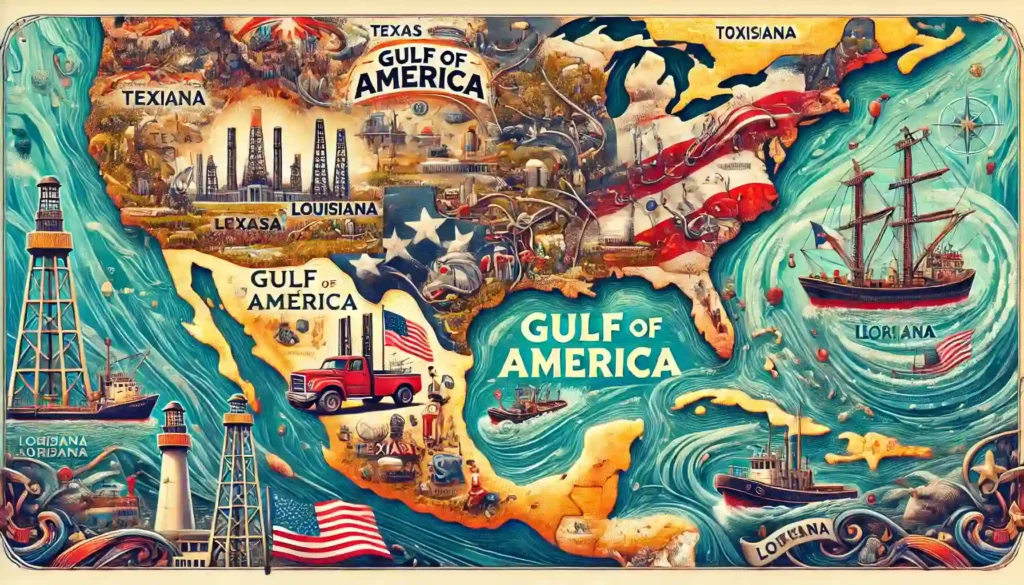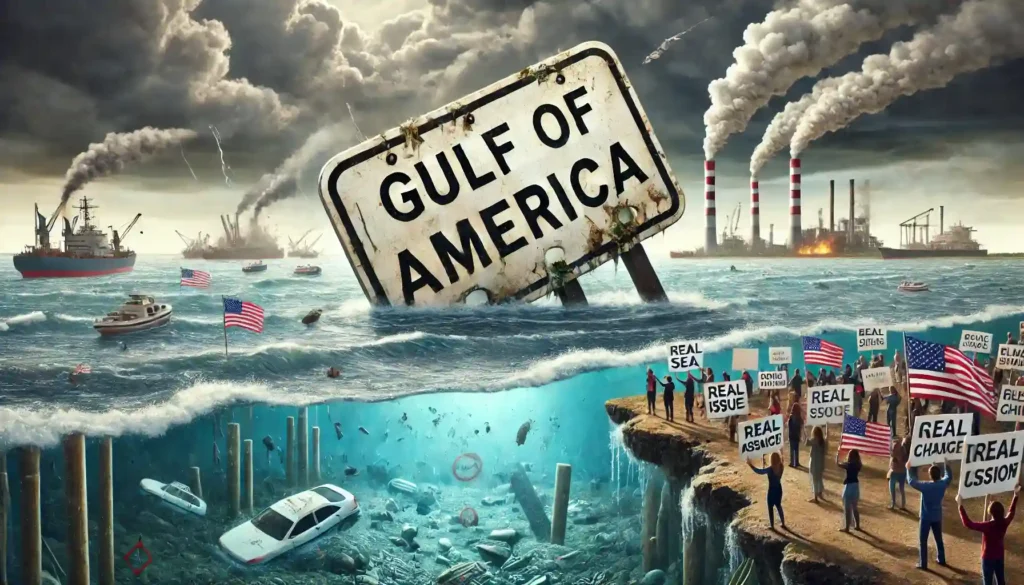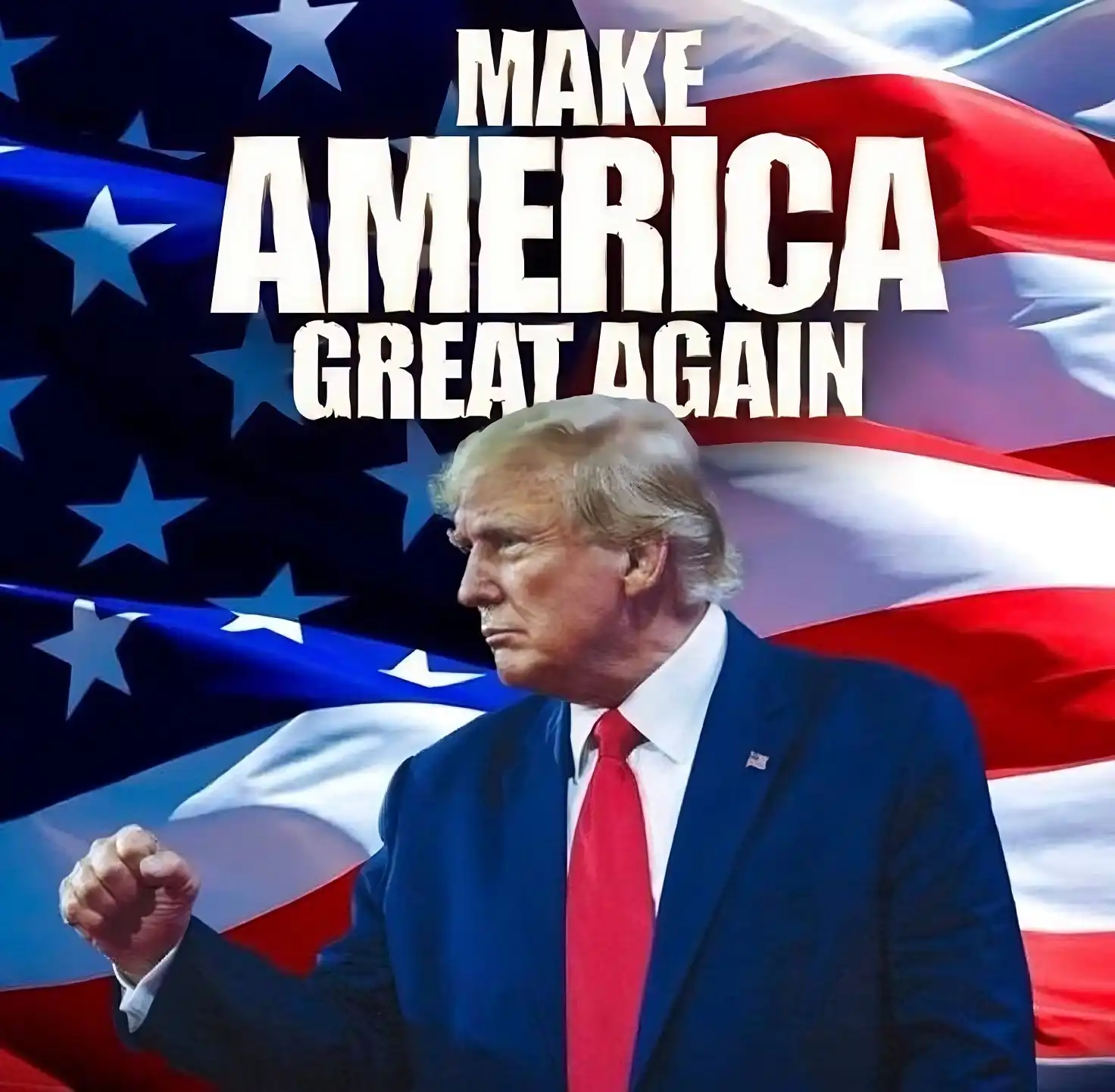The Gulf of Mexico has a new name: the Gulf of America. This change has sparked fiery debates across the nation, leaving no room for neutrality. Supporters champion it as a patriotic rebranding, while critics call it a needless distraction from real issues.
But what’s driving this decision, and why does it matter? Let’s dive deep into the waves of controversy surrounding this bold move.
Why the Gulf of America Demands Attention
Names have power. They carry stories, shape identities, and stir emotions. Renaming the Gulf of Mexico to the Gulf of America grabs attention because it ties the body of water directly to the United States.
For its supporters, the name reflects pride in a region that fuels the nation’s economy, culture, and heritage. They say this isn’t just a body of water; it’s a symbol of American strength and resilience.
But why now? The sudden shift has raised eyebrows, with many wondering if this is an authentic tribute or a calculated political move.

Supporters See Unity and Pride in the Name Change
Those in favor argue that the Gulf is more than a geographical feature—it’s a cornerstone of American identity. With its vast oil reserves, thriving fisheries, and stunning coastlines, the Gulf sustains millions of lives.
Renaming it feels like a long-overdue acknowledgment of its importance. Advocates believe the change can foster a renewed sense of pride among communities that rely on the Gulf every day.
They ask: Why not claim what’s already ours?
Critics Warn Against Shallow Symbolism
Critics, however, see this as political theater. They question the timing and motives behind the name change, calling it a distraction from more pressing issues.
Pollution, rising sea levels, and hurricanes continue to devastate Gulf communities. Critics argue that instead of renaming, efforts should focus on solving these urgent problems.
“It’s easy to change a name,” one skeptic remarked, “but harder to address the real challenges facing the Gulf.”

A History as Deep as Its Waters
The Gulf’s story stretches far beyond modern debates. Long before borders were drawn, indigenous peoples used its waters for trade and sustenance. Centuries later, it became a vital hub for explorers, traders, and settlers.
Through war, natural disasters, and industrialization, the Gulf has stood as a lifeline for millions. But does renaming it honor that history—or obscure it?
The Gulf of America isn’t just about semantics; it’s about priorities. Can a name change inspire real pride and unity, or does it risk becoming an empty gesture?
Supporters hope it sparks conversations about the Gulf’s significance, while critics warn it could overshadow the urgent need for environmental and economic reforms.
This debate raises a critical question: Is symbolism enough, or do we need action to back it up?
The Gulf’s True Legacy Lies in Action, Not Words
Renaming the Gulf of Mexico to the Gulf of America may grab attention, but solving the Gulf’s actual problems requires real action. A name change alone won’t stop polluted waters, protect coastal communities, or rebuild ecosystems destroyed by industrial activities.
The Gulf’s future depends on tangible efforts to preserve its resources and support the millions of people who rely on it for their livelihoods.
Communities living along the Gulf coastline don’t need symbolic gestures. They need cleaner waters, stronger infrastructure, and long-term solutions to fight rising sea levels and climate change. Fishermen want sustainable fisheries, not headlines.
Coastal residents need hurricane protection measures, not renaming ceremonies. Tourists want safe beaches and vibrant marine life, not a rebranded map.
Governments, businesses, and communities must take responsibility. Reducing pollution, strengthening disaster preparedness, and investing in environmental restoration are crucial steps.
For instance, industries operating in the Gulf must adopt cleaner practices to prevent oil spills and toxic runoff from damaging marine ecosystems. Officials must prioritize building resilient coastal defenses to minimize the damage caused by future storms.
In the end, the Gulf’s name won’t determine its fate. Its legacy will be written by the actions we take today to protect it for future generations.







